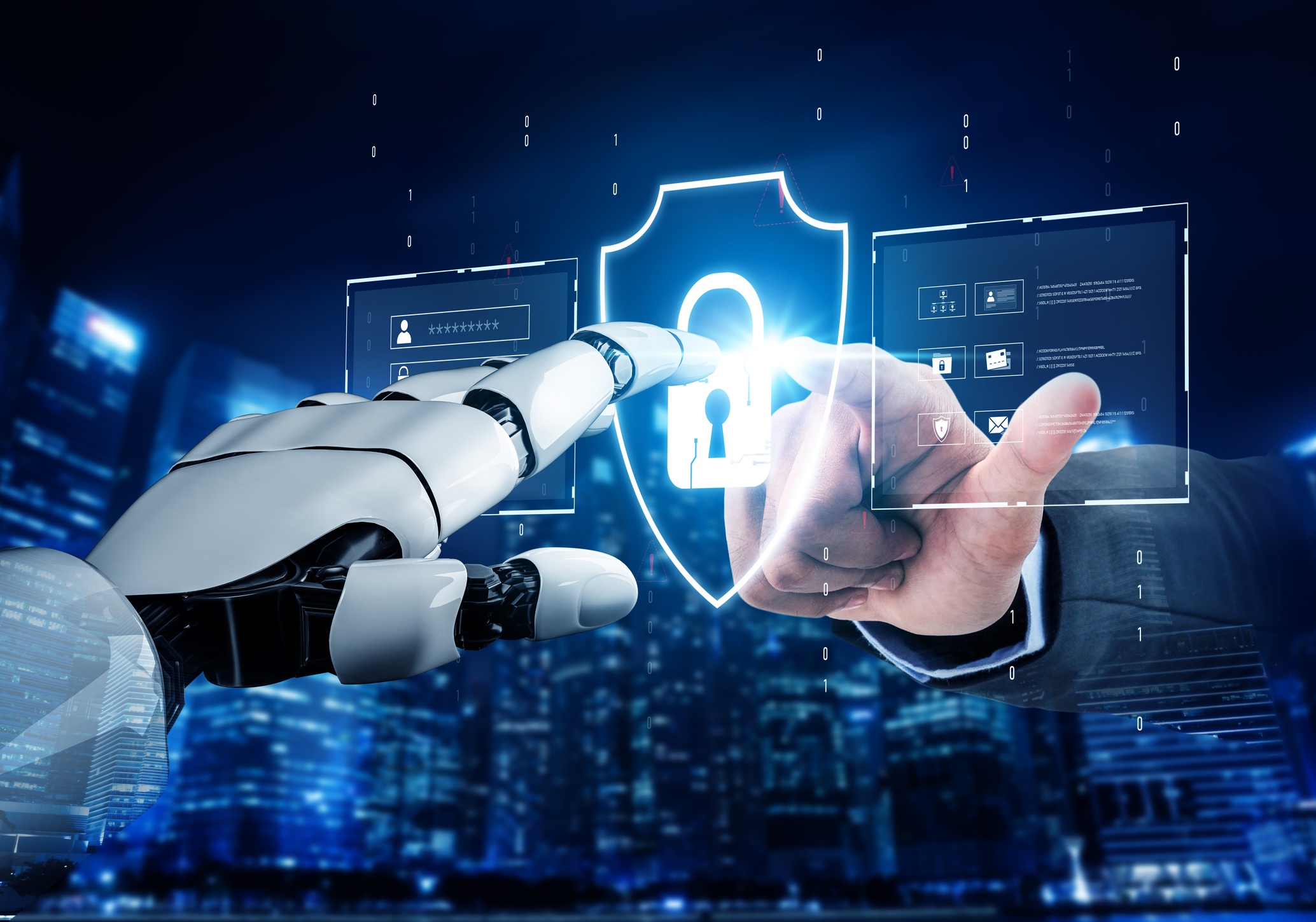
Mobile security gaps revealed by BYOD and hybrid work
Organizations face massive mobile security vulnerabilities as they increasingly embrace BYOD and hybrid strategies. At the same time traditional mobile security tools are failing to mitigate these risks while also compromising employee privacy.
A new report from secure virtual mobile infrastructure firm Hypori, based on a survey of 1,000 global security, risk, mobility, and BYOD decision-makers, finds 92 percent of security and risk leaders are facing challenges in zero trust implementation.

Just six percent of enterprises believe their data infrastructure is AI ready
Only six percent of enterprise AI leaders say their data infrastructure is fully ready for AI according to a new report from CData Software.
The research exposes a divide in AI preparedness. 60 percent of companies at the highest level of AI maturity have also invested in advanced data infrastructure, while 53 percent of organizations struggling with AI implementations are hampered by immature data systems. The gap is costing companies time, money, and competitive advantage.

Dealing with the challenge of creating a unified SQL Server data estate [Q&A]
Many organizations are running SQL Server across Windows, Linux, containers, and Kubernetes. Obviously there are advantages if that environment can be unified into a single data estate, but doing so presents a number of challenges.
We spoke to Don Boxley, CEO and co-founder of DH2i, to look at the problems involved and how to address them.

File-sharing platforms not protecting against malicious content
Cybersecurity company Surfshark has reviewed popular file-sharing platforms and finds that the majority of them don’t scan your files for viruses, nor do they protect you from malicious software on their free plans.
Box and WeTransfer, which together have a total of 138 million registered users, do not scan for viruses on free plans but begin scanning files on paid plans. Dropbox, with 700 million registered users, does not offer scanning at all.

Rapid adoption of agentic AI runs ahead of security readiness
New research finds just two percent of organizations with 500+ employees report having no plans or interest in agentic AI. Indeed a significant portion of respondents are already using or interfacing with AI agents for both internal and external tasks.
But the study, from Enterprise Management Associates (EMA), reveals a critical, organization-wide inability to prepare for the identity and security challenges which these autonomous entities introduce.

88 percent of organizations worried about state-sponsored cyberattacks
A growing sense of unease is gripping boardrooms as 88 percent of cybersecurity and information security leaders surveyed at UK and US organizations now express concern about state-sponsored cyberattacks.
The research from IO shows organizations are increasingly aware of the strategic nature of cyber risk and that the geopolitical threat is increasing, with 33 percent of organizations surveyed concerned about an expanded threat landscape targeting their own systems.

Sumo Logic brings agentic AI to cybersecurity investigations
Modern security operations centers (SOCs) face a perfect storm of complexity: growing alert volumes, fragmented tools, and pressure to respond faster than ever.
Intelligent operations platform Sumo Logic is announcing new advancements to Dojo AI, its enterprise-grade agentic AI platform for security operations to help security teams reduce alert fatigue, accelerate investigations, and streamline security workflows.

Why offensive security is the future of cybersecurity [Q&A]
In an era where cyber threats are evolving faster than ever, organizations can no longer rely solely on reactive defences. Offensive security, once a niche practice, is now a strategic imperative.
To better understand this shift, we spoke with Scott Reininga, CEO of Reversec, a cybersecurity firm at the forefront of offensive security innovation. He explains why offensive security is becoming essential, how it differs from traditional methods, and what organizations can do to adopt a more proactive stance.

Learning to spot the AI phone scammers
Scam phone calls are a fact of life these days, whether it’s home improvement grants or someone pretending to be your bank. UK mobile network O2 recently blocked 50 million dodgy calls monthly using its defense system.
But now they’re often being made using AI rather than real people in distant call centers. Naveed Janmohamed, CEO and founder of the AI research assistant Anara, says learning to spot artificial voices during phone calls might save thousands of people from sophisticated cons that have already stolen millions from unsuspecting consumers.

Brit’s fear privacy breaches despite Online Safety Act
Although the UK's Online Safety Act has made significant strides in holding online platforms accountable for harmful content, new research reveals a concerning gap in personal cybersecurity awareness among British internet users.
The study from AstrillVPN analysed search data from Google Keyword Planner to identify the privacy concerns most frequently searched by Britons. The results show password security and anonymous browsing are currently dominating the public’s attention.

How biometrics are reshaping authentication [Q&A]
The death of the password has been predicted for a very long time, though other methods are now gaining significant traction.
Perhaps the most successful of these is the use of biometrics. We talked to David Stauffer, director of sales North America at Veridas, about how biometrics is transforming authentication across financial services and telcos, and how voice-based verification enhances security against fraud, user experience and operational efficiency.

Power availability shapes future data center plans
Power constraints in the world’s largest data center hubs are now reshaping where hyperscalers plan their next wave of expansion, according to new analysis by DC Byte.
The analysis tracks activity across more than 8,000 facilities and looks at how the geography of hyperscale growth is evolving in response to mounting infrastructure pressure. Hyperscalers are now securing power and land up to 24 to 36 months before delivery as constraints intensify in markets such as Northern Virginia, Frankfurt and Singapore.

How LLMs could revolutionize ad blocking
Ad blocking software has traditionally relied on filter lists. These need time consuming and regular maintenance in order to keep them up to date and effective.
There have been previous attempts to update ad blocking using machine learning, but new research from AdGuard looks at the potential to use large language models (LLMs) to improve the way it works.

Online shoppers warned of QR code phishing scam
With Black Friday on the horizon and peak holiday shopping underway people are expecting deliveries. When shoppers are tracking multiple orders at once they are far more willing to trust a parcel that arrives unexpectedly and a new quishing scam is looking to exploit that.
If scammers have your name and address from previous data breaches, scraped social media posts or public directories, they cab easily make a fake parcel look authentic. Adding a QR code makes people think it’s related to tracking or returns so they’re likely to scan it without thinking.

The invisible attack that could be stealing your payment details while you shop
Experts from NordVPN are warning about a rise in ‘invisible’ attacks that can steal payment details on legitimate eCommerce sites.
Known as e-skimming this involves malicious JavaScript code being injected into legitimate eCommerce sites to steal customers’ payment data during checkout. This is the online equivalent of physical skimming devices found on ATMs or gas pumps.

